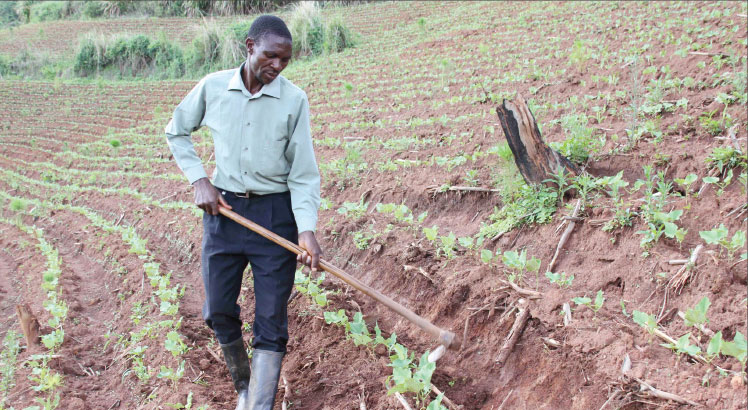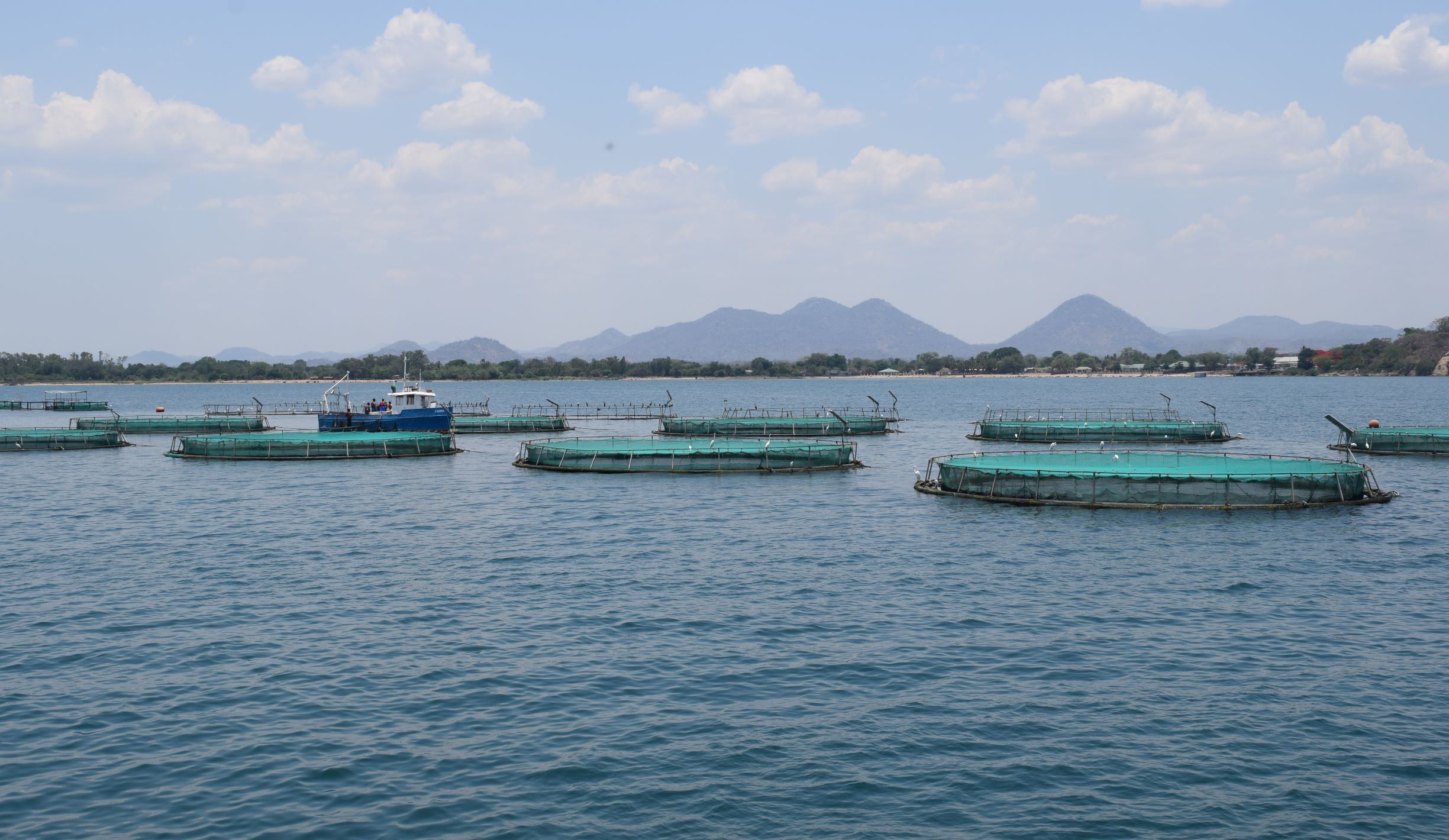Farmer reaps benefits of beans
Until six years ago, Mashaka Tepatepa, born in 1981, from Chataghalara Village in Rumphi District, was one of the farmers who entirely depended on tobacco for their livelihoods.
During his toil, he has seen the so-called golden leaf lose its allure and global market amid a rising anti-tobacco lobby that recently saw Malawi signing the World Health Organisation’s Framework Convention on Tobacco Control.
To prepare for what looked like an inevitable downfall of tobacco in the country, Tepatepa decided to diversify into legumes.
He embarked on growing common beans which became a game-changer for his family which always complained about low tobacco revenue despite the back-breaking toil.
Tepatepa is a member of the North Viphya Farmers’ Association, operating under the National Smallholder Farmers’ Association of Malawi (Nasfam).
The association is working in partnership with the governments of Norway and Ireland to improve livelihoods of smallholder farmers through farming business.
Tepatepa explains: “In the first few years of my farming, tobacco production was profitable until 2008 when prices began to decline.

“It has become difficult to make tangible profits from the crop. Ironically, the cost of farm inputs remained so high that after sales, most of the money was spent on paying loans, labour and other costs incurred during the season. I remained with too little money. It did not make business sense.”
These challenges forced him to switch to beans, which proved more viable than tobacco, the main source of foreign currency in Malawi.
To arrive at the decision, the farmer first considered the cost of production, market availability and the prevailing selling price in his area. In 2017, he cultivated common beans as a cash crop for the first time.
By 2020, Tepatepa had fully waved goodbye to tobacco farming to become a full-time bean farmer.
Sice then, he has not looked back as legume farming became the mainstay for his household.
“Since I ventured into bean farming as business, I have noted that prices keep rising each year, increasing my profit,” he brags.
The good prices and decent profits have persuaded him to steadily increase the farmland dedicated to beans each year.
“I am also growing the crop more than once a year. I yield more beans from winter cropping because there are fewer pests and diseases compared to the rain-fed crop,” Tepatepa explains.
Bean production business has jolted the rural farmer in Traditional Authority Mwankhunikira to dream big.
Speaking during a visit to his remote locality where mobile phone network is hard to get, he pointed at a newly constructed seven-roomed house with cement plaster inside out, a ceiling, concrete floor and some furniture.
Farming business has made life easy and comfortable for his family of six, he said.
To ease his family mobility, Tepatepa has acquired a motorcycle.
He is also saving some money to buy a car he plans to operate as a taxi in the area to diversity his income services.
The rising profits from farming business give Tepatepa hope and comfort that his four children will achieve their dreams.
Tepatepa provides for their school fees and basic needs on time, unlike in the past when the proceeds of tobacco farming were “only making the rich richer”.
“With the improved income, his household is food and nutrition secure all year round,” he states.
Tepatepa’s life is an example of how a smallholder farmer’s life can change if one decides to take farming as a profitable business as promoted by Nasfam with support from their development partners, Norwegian and Irish governments.
He saw a market opportunity in his farmer association, that mainly depends on beans for its operations, and utilised that opportunity to grow more beans and sell to the association for increased profitability.
Nasfam promotes crop diversification with emphasis on legumes that demand less inputs, while helping improve soil health through nitrogen fixation, and in most cases have a readily available market.





